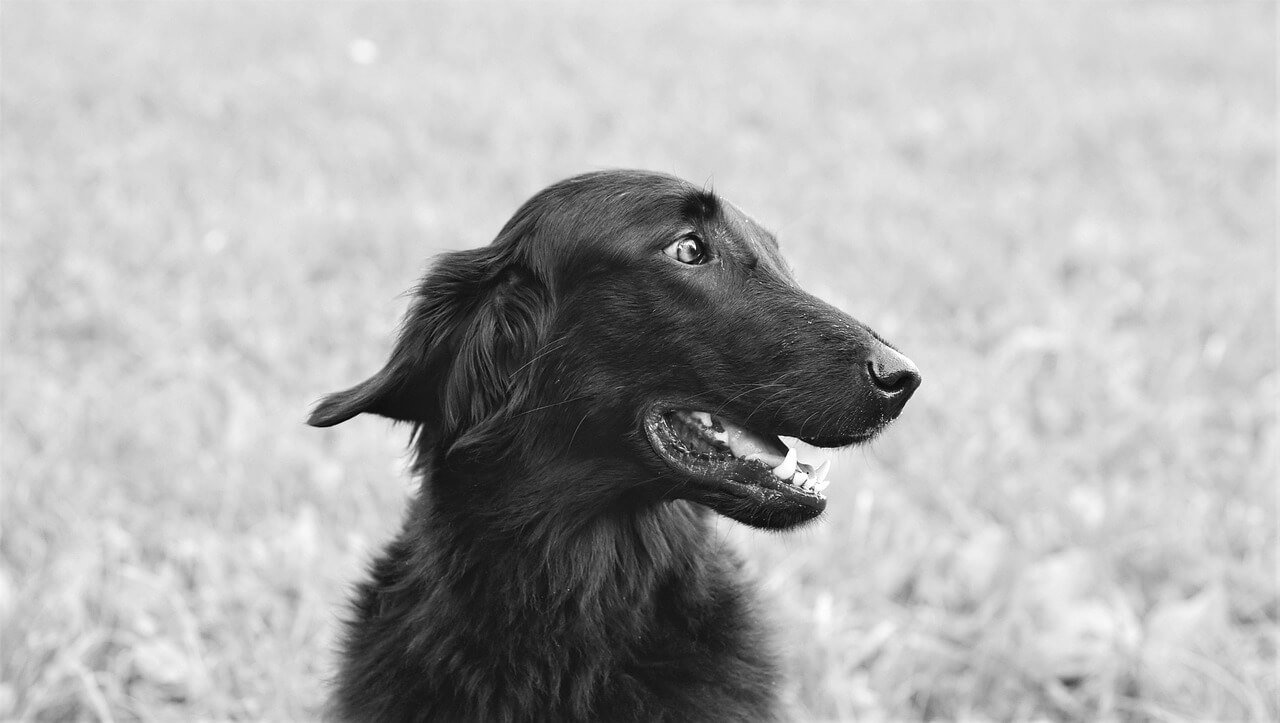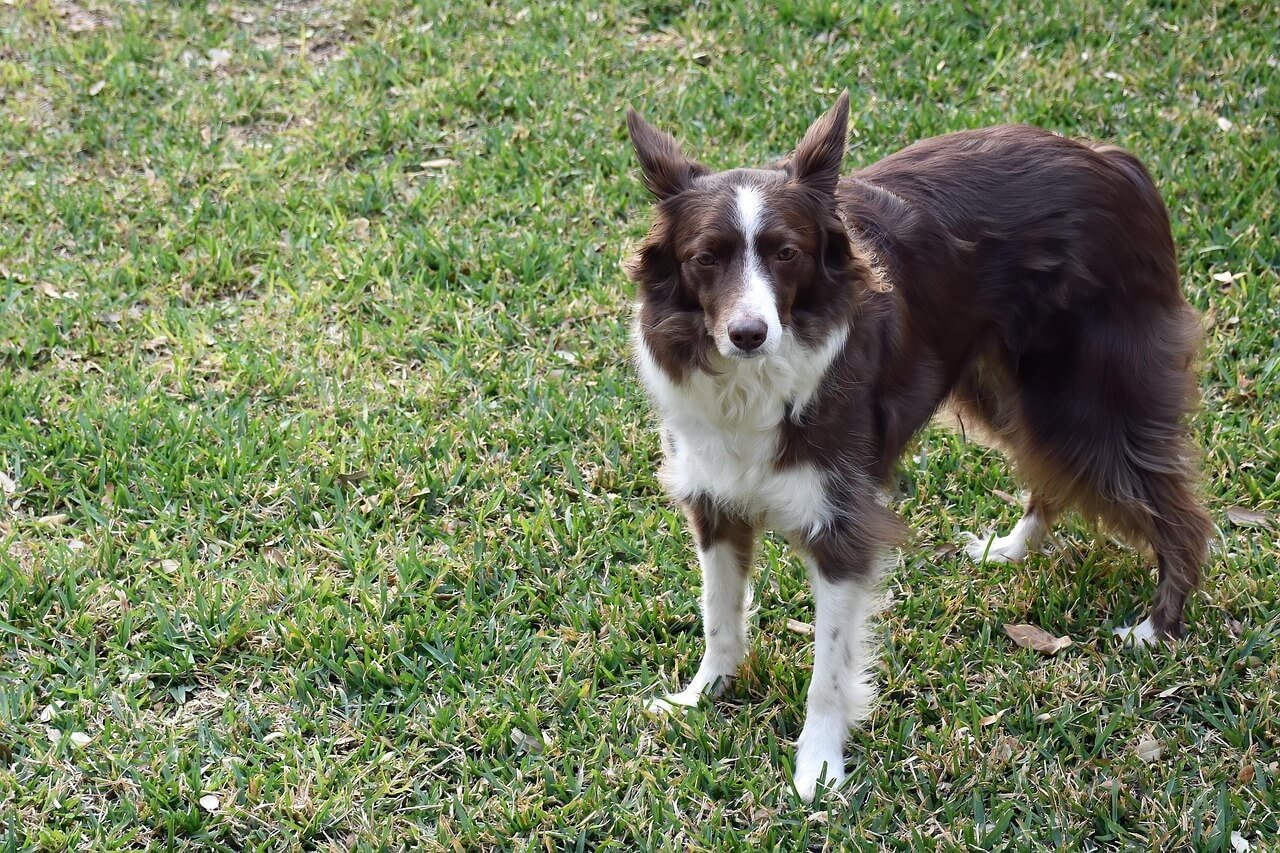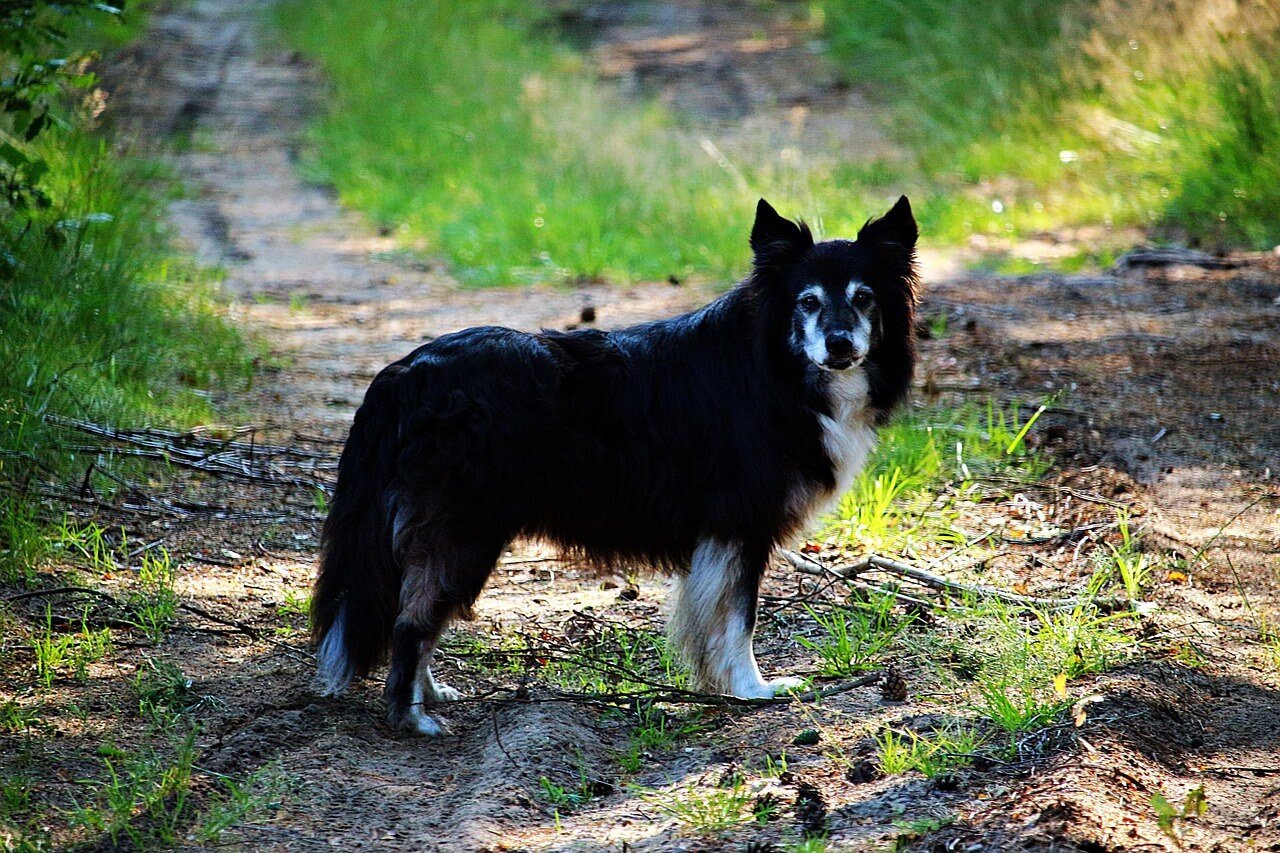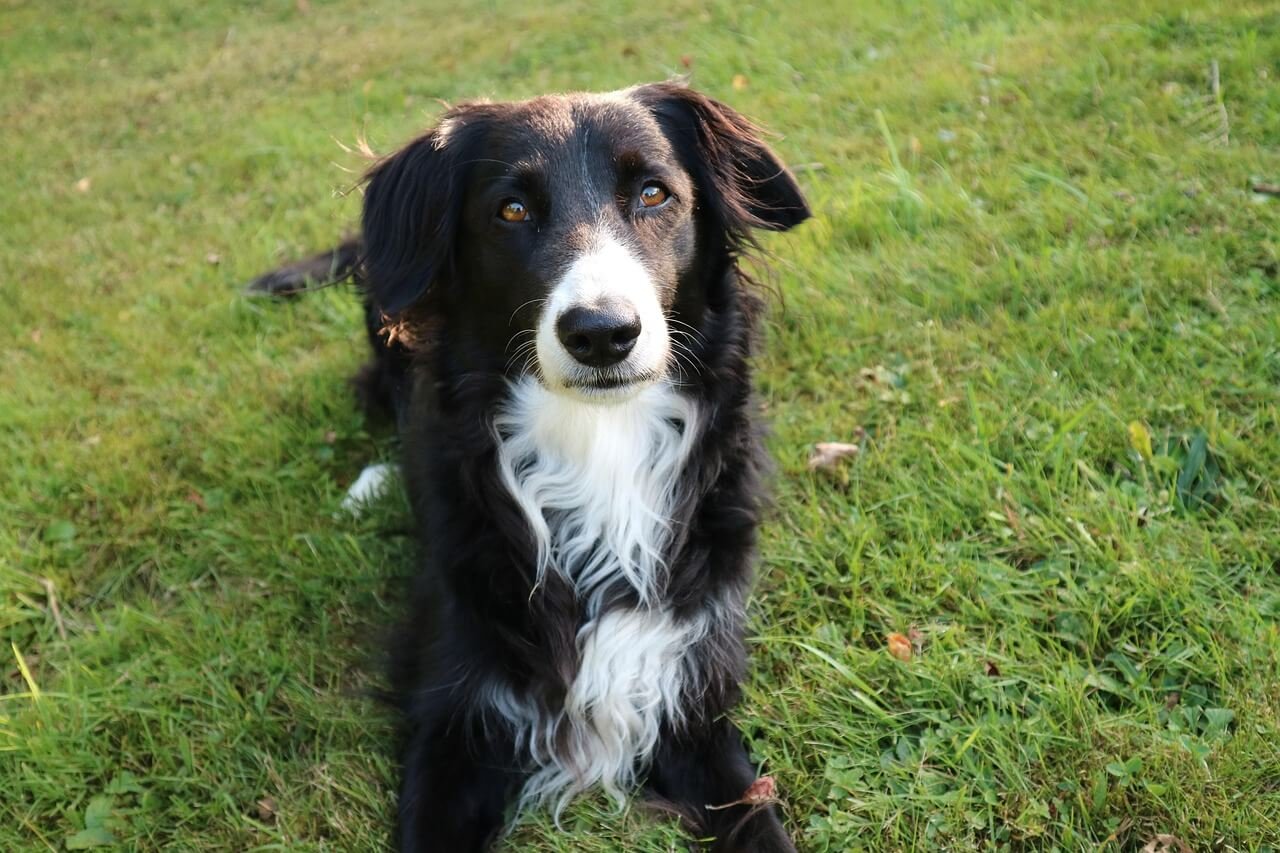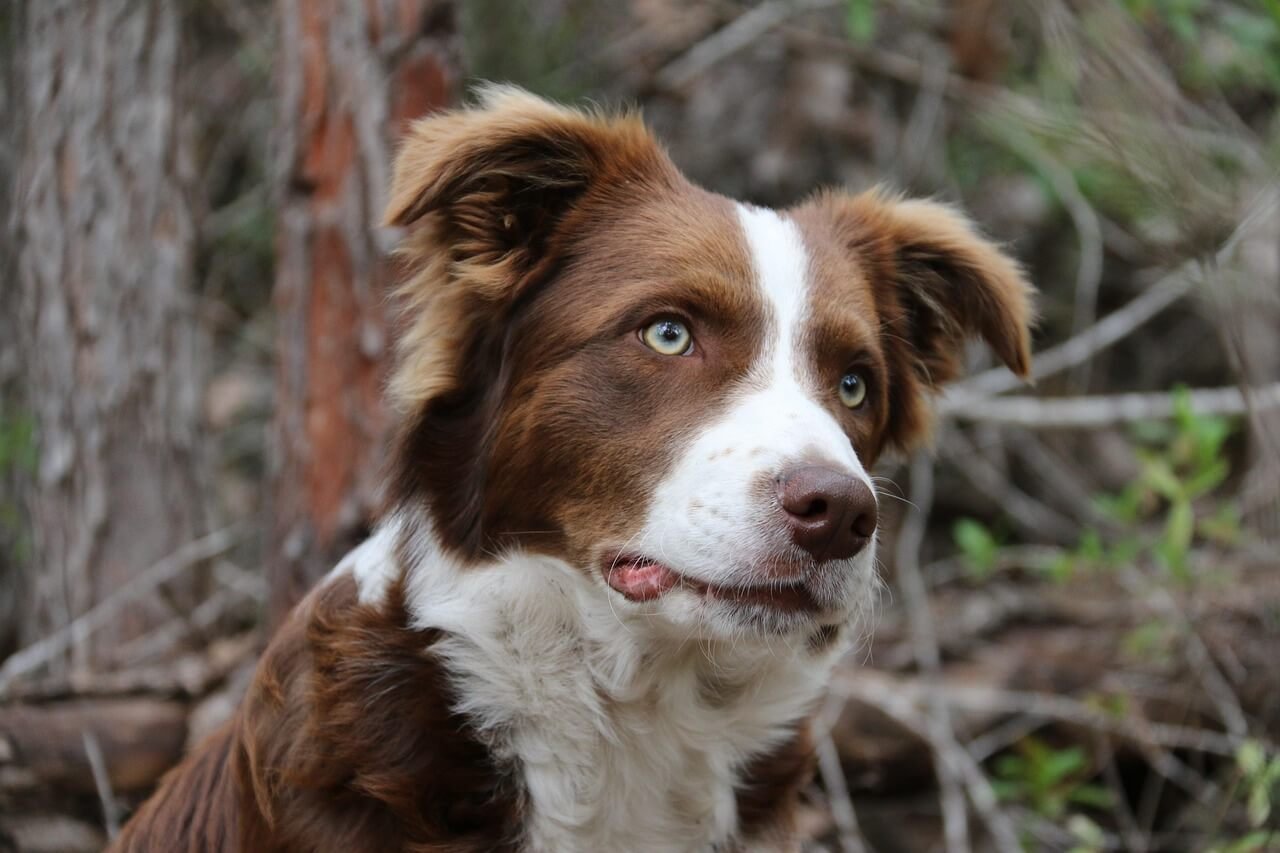What Smells Do Dogs Hate? A Guide to Understanding Your Dog’s Nose
Dogs are known for their incredible sense of smell, which is far more sensitive than that of humans. While this superpower helps them navigate the world, it also means they are highly reactive to certain odors. Some smells that we might find pleasant or neutral can be downright unpleasant—or even overwhelming—for our furry friends. If you’ve ever wondered, “What smells do dogs hate?” you’re not alone. Understanding these aversions can help you create a more comfortable environment for your dog and even use these scents strategically for training or behavior management.
In this blog post, we’ll explore the smells dogs dislike, why they react to them, and how you can use this knowledge to improve your bond with your pet.
Common Scents That Dogs Find Unpleasant
While every dog is unique, there are certain smells that most dogs tend to dislike. These odors often trigger avoidance behaviors, such as sneezing, scratching, or retreating. Here’s a list of some of the most common smells dogs hate:
Citrus Fruits: Oranges, lemons, and limes emit strong, sharp scents that many dogs find irritating.
Vinegar: The acidic and pungent aroma of vinegar is a natural repellent for dogs.
Spices Like Chili Powder and Cinnamon: These spices have intense, spicy odors that can overwhelm a dog’s sensitive nose.
Alcohol-Based Products: Rubbing alcohol, hand sanitizers, and cleaning products with alcohol often irritate dogs.
Peppermint and Other Minty Scents: While refreshing for humans, minty smells are too strong for most dogs.
If you notice your dog avoiding certain areas or reacting negatively to specific scents, it could be due to one of these smells. Use this knowledge to ensure your home remains a safe and comfortable space for your pet.
Why Do Dogs Hate These Smells?
To understand why dogs dislike certain smells, it’s important to consider their biology and sensory experiences. Their noses are incredibly sensitive, and some odors can be overwhelming or even painful.
Heightened Sense of Smell: Dogs have up to 300 million olfactory receptors, compared to just 5 million in humans, making them more reactive to strong scents.
Evolutionary Instincts: Certain smells may remind dogs of predators or dangerous situations, triggering an instinctive avoidance response.
Chemical Sensitivity: Dogs are more sensitive to chemical compounds found in cleaning products, perfumes, and other artificial scents.
Unfamiliarity: Dogs often dislike smells they haven’t encountered before, as their sense of smell is closely tied to their sense of security.
Overstimulation: Strong odors can overstimulate a dog’s nasal receptors, causing discomfort or stress.
Understanding these factors can help you empathize with your dog’s reactions and take steps to minimize exposure to unpleasant smells.
Check this guide 👉How Far Can a Dog Smell? Best 7 Expert Tips!
Check this guide 👉Why Does My Dog Smell Like Metal? Best 7 Expert Tips!
Check this guide 👉Understanding and Managing Dog Ear Smell: Best 7 Tips!
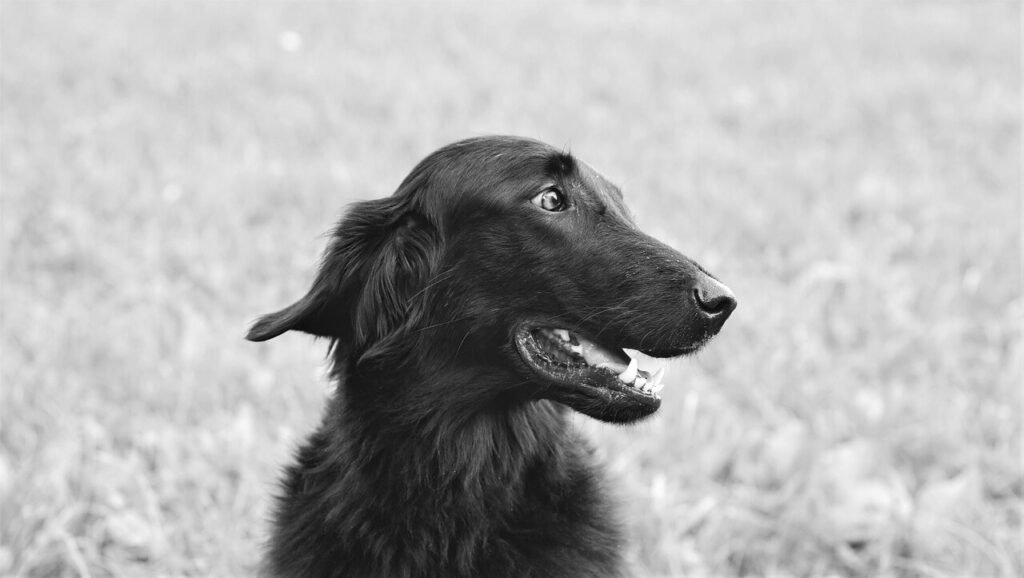
Smells Dogs Hate | Reasons for Dislike |
|---|---|
Citrus (lemons, oranges) | Sharp, acidic scent overwhelms their nose |
Vinegar | Pungent odor triggers irritation |
Spices (chili, cinnamon) | Intense, spicy aromas are too strong |
Alcohol-based cleaners | Chemical sensitivity causes discomfort |
Peppermint and mint | Overstimulates sensitive nasal receptors |
Using Smells Dogs Hate for Training and Behavior Management
While unpleasant smells can make dogs uncomfortable, they can also be used strategically to manage behavior or deter unwanted actions. Here are some ways to incorporate these scents into your training routine:
Discouraging Chewing: Spraying citrus-scented sprays on furniture or shoes can deter dogs from chewing on them.
Preventing Digging in the Yard: Sprinkling cayenne pepper or citrus peels around plants can stop dogs from digging.
Keeping Dogs Out of Certain Rooms: Using essential oils like peppermint near doorways can discourage entry.
Training with Positive Reinforcement: Pairing unpleasant smells with commands like “leave it” can reinforce obedience.
Avoiding Harmful Substances: Placing vinegar-soaked cloths near toxic substances can keep curious dogs away.
When using these scents, always ensure they are applied safely and never directly on your dog. This approach can be a humane and effective way to guide behavior.
How to Create a Dog-Friendly Environment by Avoiding Unpleasant Smells
To ensure your dog feels comfortable at home, it’s important to minimize exposure to odors they dislike. Here are some tips for creating a dog-friendly environment:
Choose Pet-Safe Cleaning Products: Opt for natural, unscented cleaners instead of harsh chemical-based ones.
Avoid Strong Perfumes and Air Fresheners: These can irritate your dog’s nose and cause stress.
Keep Citrus and Spices Out of Reach: Store these items securely to prevent accidental exposure.
Ventilate Your Home Regularly: Fresh air helps dilute lingering odors that might bother your dog.
Monitor Your Dog’s Reactions: Pay attention to how your dog responds to new scents and adjust accordingly.
By taking these steps, you can create a harmonious living space where your dog feels safe and relaxed.
Scents That Can Calm Dogs
While some smells irritate dogs, others can have a calming effect on them. Understanding these soothing scents can help you create a more peaceful environment, especially during stressful situations like thunderstorms or fireworks.
Lavender: Known for its relaxing properties, lavender can help reduce anxiety in dogs when used sparingly.
Chamomile: This gentle scent has natural calming effects and can be used in sprays or diffusers.
Vanilla Extract: The sweet aroma of vanilla is often comforting to dogs and can ease tension.
Valerian Root: A natural sedative, valerian root can help dogs feel more at ease in unfamiliar environments.
Coconut Oil: The mild, nutty scent of coconut oil is not only safe but also appealing to many dogs.
Incorporating these calming scents into your dog’s routine can help them feel more relaxed and secure, especially during challenging moments.
Signs Your Dog Hates a Smell
Dogs communicate their discomfort with certain smells through specific behaviors. Recognizing these signs can help you identify unpleasant odors and remove them from your dog’s environment.
Sneezing or Snorting: A sudden sneeze or snort might indicate irritation caused by a strong smell.
Scratching or Rubbing Their Nose: Dogs often try to “wipe away” unpleasant odors by rubbing their noses on surfaces.
Backing Away or Avoiding an Area: If your dog refuses to enter a room or avoids an object, it could be due to an offensive scent.
Excessive Drooling or Licking: Some dogs drool or lick excessively when exposed to smells they dislike.
Whining or Vocalizing Discomfort: Whining or barking can signal that a smell is overwhelming or distressing.
By observing these behaviors, you can better understand your dog’s preferences and make adjustments to ensure their comfort.
Natural Ways to Mask Unpleasant Smells for Dogs
If your dog dislikes certain household odors, there are natural ways to mask or neutralize these smells without resorting to harsh chemicals. These methods are safe and effective for both pets and humans.
Baking Soda: Sprinkle baking soda on carpets or furniture to absorb and neutralize odors naturally.
Activated Charcoal Bags: These odor-absorbing bags can be placed around the house to trap unpleasant smells.
Herbal Sachets: Fill small fabric bags with dried herbs like rosemary or thyme to create a pleasant, dog-friendly aroma.
Fresh Air and Ventilation: Open windows regularly to let fresh air circulate and dilute lingering odors.
Boiling Citrus Peels (for humans): While dogs dislike citrus, boiling peels can freshen the air for humans without directly exposing your dog to the scent.
These natural solutions can help maintain a clean and inviting home while keeping your dog’s sensitive nose in mind.
Frequently Asked Questions About Smells Dogs Hate
Can I use smells dogs hate to stop barking?
Yes, but it’s best to combine scent deterrents with positive reinforcement training for long-term results.
Are essential oils safe for dogs?
Most essential oils are too strong for dogs and should be avoided unless specifically recommended by a veterinarian.
Why does my dog hate the smell of vinegar?
Vinegar has a sharp, acidic odor that irritates a dog’s sensitive nasal receptors.
Can unpleasant smells cause health issues in dogs?
Prolonged exposure to strong odors can lead to stress, respiratory issues, or other health concerns.
How can I test if my dog dislikes a certain smell?
Introduce the scent gradually and observe your dog’s reaction, such as sneezing, backing away, or pawing at their nose.
Creating a Happy and Comfortable Space for Your Dog
Understanding what smells dogs hate is more than just a fun fact—it’s a practical tool for improving your dog’s quality of life. By identifying and minimizing exposure to unpleasant odors, you can create a home environment where your furry friend feels safe and content. Additionally, strategically using these scents can help manage behavior and protect your belongings. Remember, every dog is different, so pay attention to their individual preferences and reactions. With a little effort and empathy, you can ensure your dog’s world is filled with comfort and joy.
Understanding Scabs in Dogs Ears: Best 7 Tips! Learn how to identify, treat, and prevent scabs in your dog’s ears for optimal ear health.
Is Cinnamon Bad for Dogs? Best 7 Health Tips! Discover safe ways to use cinnamon, risks to avoid, and expert advice to keep your dog healthy.
Can Dogs Get Pneumonia from Humans? Best 7 Tips! Learn how to protect your dog, understand transmission risks, and ensure their respiratory health.
Can Dog Urine Make You Sick? Best 7 Health Tips! Learn how to stay safe, prevent illness, and handle exposure to dog urine effectively.

